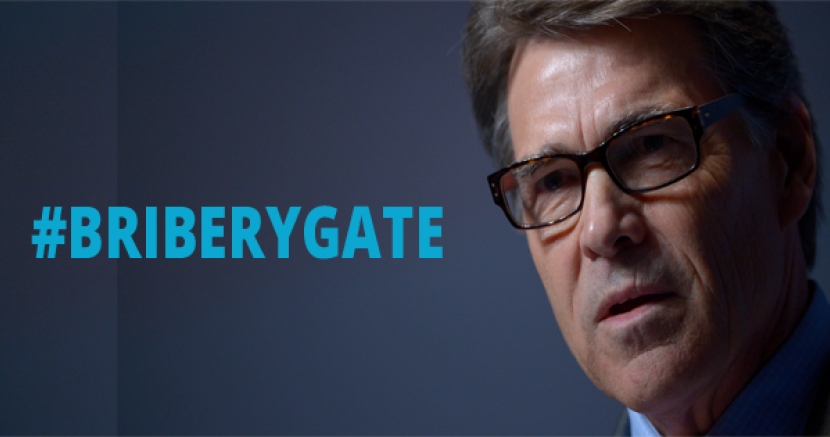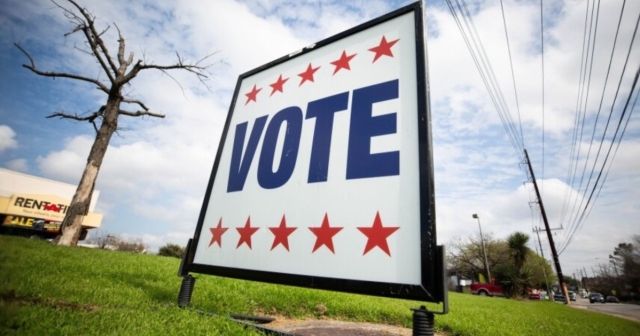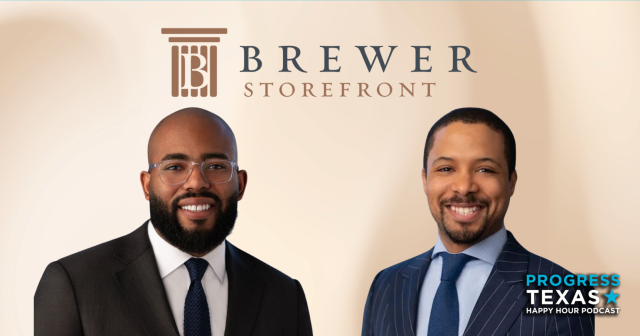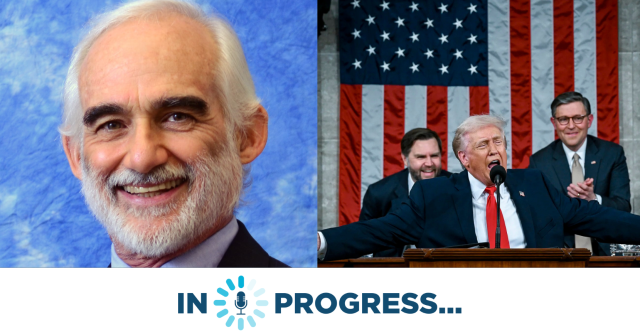A Travis County grand jury is continuing to investigate Governor Rick Perry on charges of bribery. Perry is accused of abusing the power of his office in an attempt to force the resignation of a District Attorney.
Here is a good summary by NPR of the case as it moves forward. You can listen to the story here or see below for the transcription.
WADE GOODWYN, BYLINE: It all started on the night of April 12th last year, when Travis County district attorney Rosemary Lehmberg was pulled over after swerving all over the road. Three times the legal limit, police video showed her unable to walk and slurring her words. Once arrested, the 63-year-old prosecutor became arrogant and belligerent repeatedly tried to use the power of the DA's office to force the Austin police to give her favorable treatment. Instead she was strapped to a chair.
(SOUNDBITE OF ARCHIVED RECORDING)
ROSEMARY LEHMBERG: I am not drunk. I am not a criminal. I'm the [bleep] damn district attorney. You better do something pretty quick 'cause I'm getting pretty pissed off.
GOODWYN: The calls for her resignation came from nearly all quarters. Humiliated and contrite, Lehmberg pleaded guilty, agreed to a 45 day stint in jail and went to rehab. It looked like she might survive, at least until the next election where she promised to retire. And that's when Texas Governor Rick Perry inserted himself into the sordid drama. Perry said unless Lehmberg resigned, he'd veto seven and a half million dollars of state funding for her office. When the DA refused, the governor's efforts to oust her grew into a full-blown campaign.
CRAIG MCDONALD: We think the governor wanted to force her out so he could, in turn, choose her replacement.
GOODWYN: Craig McDonald is the head of Texans for Public Justice, a liberal watchdog group which, among other things, tracks campaign contributions and the flow of political money in Texas. McDonald filed the original complaint which led to the appointment of a special prosecutor, who impaneled a grand jury that is now investigating Governor Perry's actions.
MCDONALD: She's a Democrat. The county DA in Travis County has been a Democrat forever. The governor may have seen this as a political opportunity to replace a Democratic district attorney with a Republican district attorney.
GOODWYN: The back-story here is that the Travis County district attorney's office also runs the state's public integrity unit, which investigates alleged corruption by Texas's political leaders in the state capital. And at the same time Perry was threatening to veto the public integrity unit's budget, its prosecutors were in the midst of a major investigation into one of Rick Perry's favorite state agencies, CPRIT, the Cancer Prevention and Research Institute of Texas. CPRIT was designed to entice cancer researchers and the biotech industry to move to Texas by giving them $3 billion in state grants.
But from the beginning, the agency was plagued by accusations of conflict of interest and corruption. Favored research proposals were slipped past scientific review committees. Investors in biotech startups who also donated to Rick Perry's political campaigns did extremely well in the grant department. Eventually a Nobel Prize-winning scientist, who was supposed to bring credibility to the process, resigned and blew the whistle, and the DA's public integrity unit launched its investigation. And then came the DA's not-so-excellent drunk driving adventure. But Rick Perry's office says this was simply a concerned governor exercising his veto authority. Lucy Nashed is Perry's spokesperson.
LUCY NASHED: This veto was made in accordance with the veto power afforded to every governor under the Texas constitution, and we remain ready and willing to assist with this inquiry.
GOODWYN: The legal standard for the grand jury to indict is fairly low. Is there probable cause that a crime has occurred? Convicting the governor would be a different story, and that's because the Texas coercion statue contains an exception. If the person was attempting to influence a public servant is a government official taking an official action, then it's acceptable. Professor Chris Jenks is the director of the criminal justice clinic at SMU Law School.
CHRIS JENKS: There's clearly permissible influence that one part of the government can assert or leverage against the other. And then the question becomes, where exactly is the line for when permissible influence becomes impermissible coercion, and did the governor or someone acting on the governor's behalf cross that line?
GOODWYN: The grand jury has heard a parade of witnesses, both from the district attorney's office and the governor's office. Its investigation is expected to continue through the month of June. Wade Goodwyn, NPR News, Dallas.
DONATE
Your donation supports our media and helps us keep it free of ads and paywalls.









